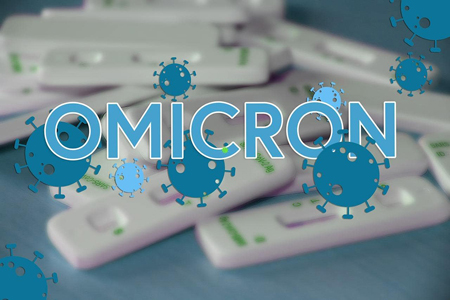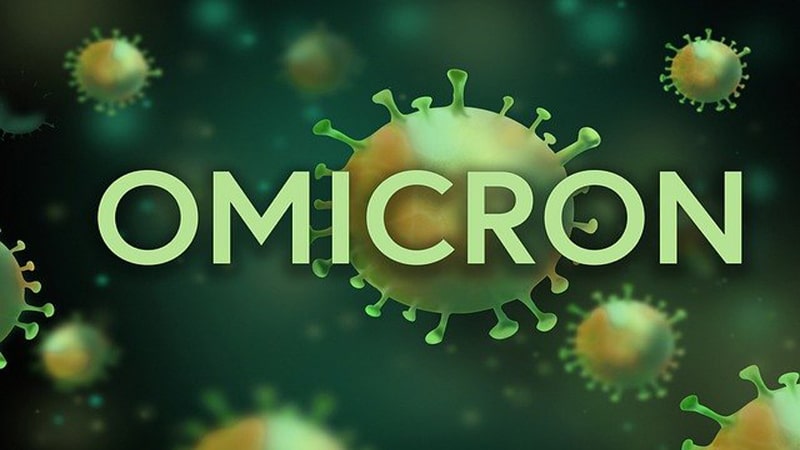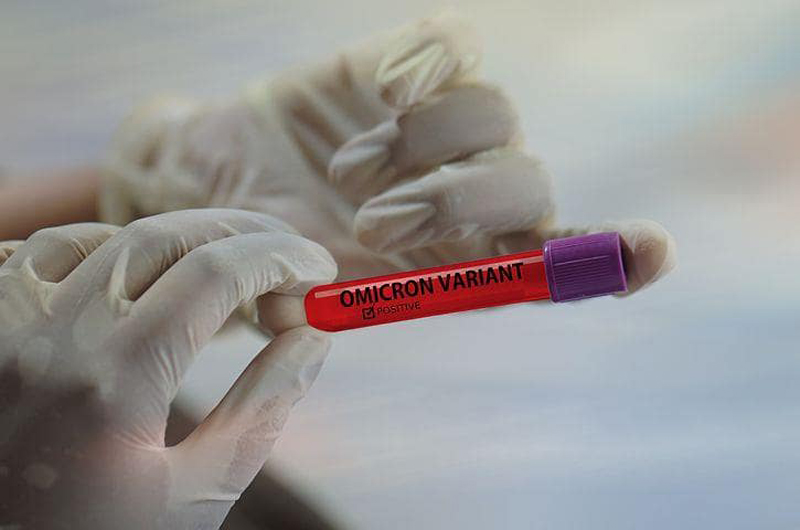
In South Africa, a novel COVID variant was discovered on November 24, 2021 (Wednesday). The novel COVID Variant is known as Omicron, and the WHO (World Health Organization) has identified it as a Variant of Concern.
Now that a new COVID mutation has been detected, the world is not in a panic. This page will provide you with thorough information on the Omicron COVID Variants.

Omicron Variant: Scientists and public health officials are concerned about this new iteration of the coronavirus, which was first discovered in Botswana and South Africa, because of an extremely high number of mutations that might make the virus more transmissible and resistant to current vaccinations.
Despite a host of uncertainties, the World Health Organization has recognized Omicron as a “variant of concern” with “very high” global risks.
According to the World Health Organization, the variation has been detected in over four dozen nations on all continents except Antarctica.
Scientists are working feverishly to figure out what this new variety holds for humanity. Early evidence suggests that the variation may cause more breakthrough infections in vaccinated people, but it’s too early to say how the vaccinations will fare against it.
Symptoms of Omicron Variant
Omicron COVID Variant Symptoms
The following are the symptoms of the novel COVID Variant “Omicron.”
Note: Most frequent symptoms, less common symptoms, and significant symptoms are the three levels of classification.
Symptoms that are often seen
Fever, cough, fatigue, and loss of taste or smell are the most prevalent symptoms of the novel COVID Variant “Omicron.”
Symptoms that are rarer
Sore throat, headache, aches, pains, diarrhea, skin rash, and discoloration of fingers or toes are some of the less common symptoms of the novel COVID Variant “Omicron.”
Symptoms that are grave
Breathing difficulties or shortness of breath, loss of speech or movement, disorientation, or chest discomfort are all serious signs of the novel COVID Variant “Omicron.”
Note: Anyone experiencing any of these symptoms should take the COVID test as soon as possible.
Omicron: What do we know?
Why is the covid-19 variant Omicron concerning?
Early findings from South Africa suggest the omicron coronavirus variation is far more infectious than earlier forms despite causing milder sickness, while specialists there caution that definitive evidence won’t be available for weeks.
“This virus has infectivity as well as the ability to evade the immune system. It’s possible, though, that pathogenicity is the missing ingredient, “Dr. Warner Greene, the director of the San Francisco-based Gladstone Institutes’ Center for HIV Cure Research, concurred.
How easy is it for Omicron to spread?
The Omicron variant of the SARS-CoV-2 virus is expected to spread faster than the original virus, albeit how rapidly Omicron spreads compared to Delta is unknown.
Even if they are vaccinated or have no symptoms, everyone with Omicron infection is expected to transfer the virus to others, according to the CDC.
Is the new COVID-19 Omicron strain more dangerous than the old one?
There is no proof that the Omicron variation is more lethal than prior strains, according to experts all across the world.





This is my first time visit at here and i am really pleassant to read all at alone
place.